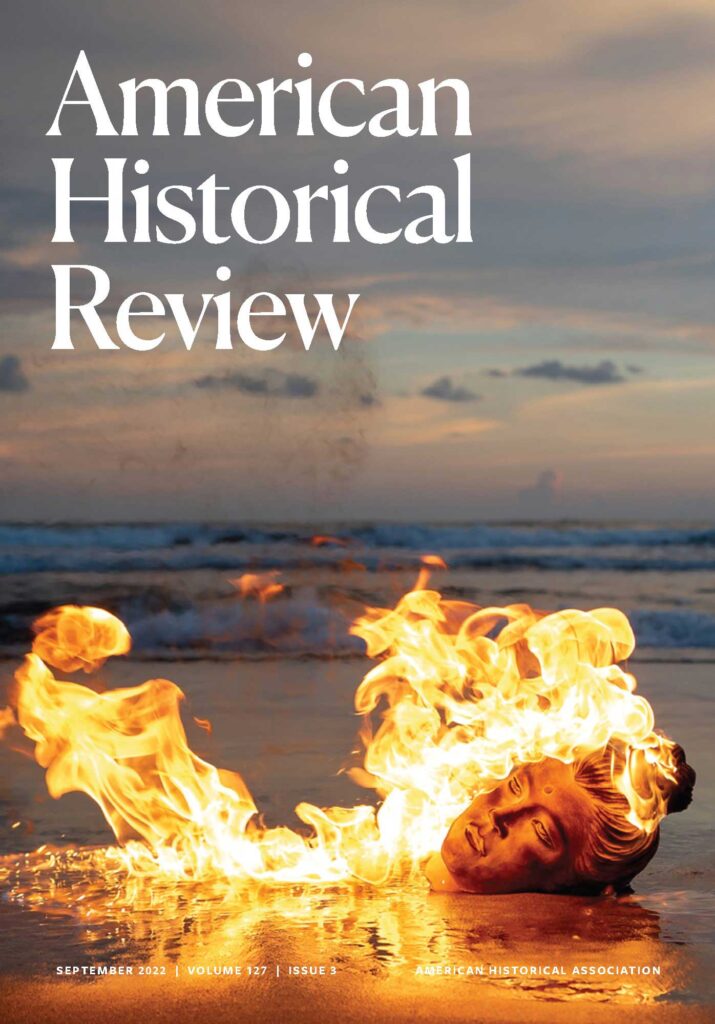NEWS | PUBLICATION
American Historical Review
29 NOVEMBER, 2022
By Zoe Butt and Lee Weng Choy . The American Historical Review, Volume 127, Issue 3, September 2022, Pages 1295–1318, https://doi.org/10.1093/ahr/rhac295
‘… I recently read that approximately 6.4 percent of the world’s population live in what could be considered democratic society. And it is largely in this 6.4 percent where their universities, with their hierarchical expertise, have predominantly controlled the writing of our planet’s history, their terms and modes of study being replicated as the model for universities across our globalizing world. Given such a statistic, I would think it crucial that we possess historical introspection on how the stories of that remaining 93.6 percent today are given opportunities for “academic freedom.” For me, the methods of artists—their responsiveness to site, to cause, to culture, to people—is incredibly instructive in our twenty-first-century need to decolonize our assumptions of the past and the structures and legacies we continue to inhabit…’ (Excerpt from Zoe Butt)
With thanks to Mark Philip Bradley, Bernadotte E. Schmitt Distinguished Service Professor of History, Faculty Director, Pozen Family Center for Human Rights, Editor, American Historical Review for the opportunity contribute to the issue ‘Art as Historical Method in the ‘History Lab’ series of this journal: an experimental space to reimagine contemporary historical practice. For several months, Mark, Weng and I found ourselves in critical conversation concerning the depth of artistic labour and the immense wealth of research undertaken in the realization of artworks engaging overlooked / subsumed / erased social histories, particularly in the colonized world. ‘We are not the stories we tell ourselves’ was a chance to argue to the academic world of History, that artists and their art is deserving of primary evidence status in the writing of histories, for their worlds are crucially documenting hidden realities at a pace that the Academy cannot.
See: https://academic.oup.com/ahr/article-abstract/127/3/1295/6851019

